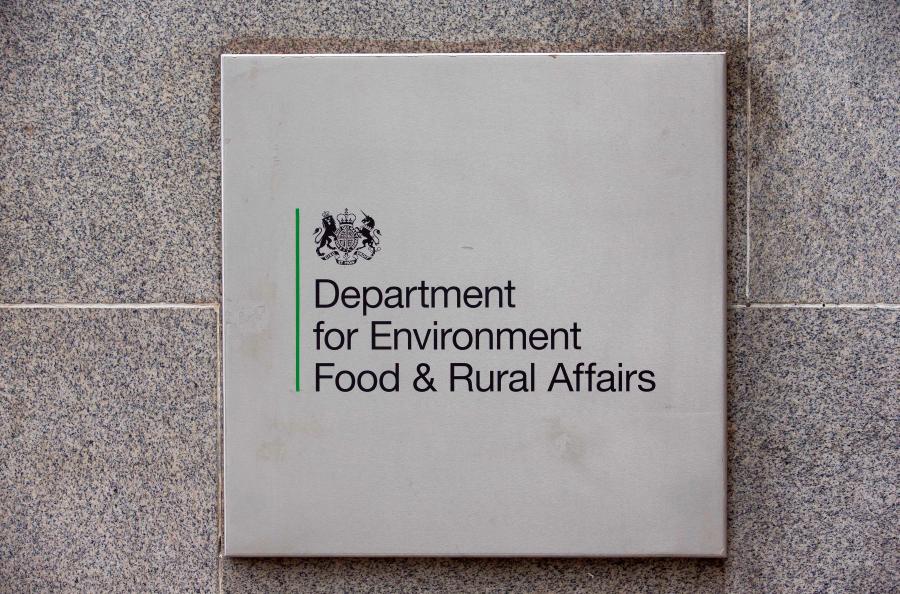
Defra has cut staff numbers by more than 900 in the past year according to statistics in its annual report while the department continues to face budget reductions.
The number of staff this year was reported at 21,964 while there were 22,875 last year with large reductions seen in the water and flood risk department as well as executive agencies.
"There will be challenges to retaining the right skills and experience as overall staffing levels are reduced through the transformation programme," the report said.
"Over the last parliament, change across the Defra group delivered a more efficient and joined up model of operating.
"Following the 2015 Spending Review, Defra is continuing to transform to reduce costs, improve capability and resilience, and develop better, integrated systems to support delivery.
"Defra will become a smaller, more capable, data driven department with shared corporate services."
In the foreward, permanent secretary Claire Moriarty said the general election last year was followed by a rigorous spending review.
She said the department was becoming a leaner, more integrated and more efficient organisation 'which is easier to deal with for its customers.'
"The ambitious CAP delivery programme has featured in previous years' reports and faced some difficult challenges and decisions at the end of last year.
"Some of the issues and causes have been highlighted in reports by the National Audit Office and Public Accounts Committee and lessons must be learned by both Defra and other government departments on managing high risk projects involving extensive information."
Largest cuts
Last year it was reported that Defra faced the largest cuts to its resources than any government department.
Stephen Trotter, director for England for the Wildlife Trusts, said the reductions would put real question marks over whether the government could continue to deliver basic functions and responsibilities for the natural environment.
"When everything we depend on comes from the natural world this makes no sense for the economy and it makes no sense for the health and wellbeing of our society.
"We are now faced with the extremely worrying prospect that government no longer has the ecological literacy or functionality that society needs if we are to build a genuinely sustainable future," he said.
NFU President Meurig Raymond said: "Our priority is for farming businesses to be productive and profitable and we are concerned that cuts of up to 30 per cent could damage front line delivery services that underpin this aim.
"That is why we believe that Defra should first seek savings in ‘back office’ functions rather than reducing spending on areas that are key to our members, such as animal health, flood protection and a fully functioning Rural Payments system.
"The NFU also have concerns about cost recovery - if this simply means paying for the continuation of services that could be delivered more effectively and efficiently.
"We believe that there is scope for some services, including some provided by agencies such as the Environment Agency, to be delivered more cost-effectively by other providers.
"We will now be looking to meet with Ministers and officials as soon as possible to understand how this announcement will impact farmers and growers."
